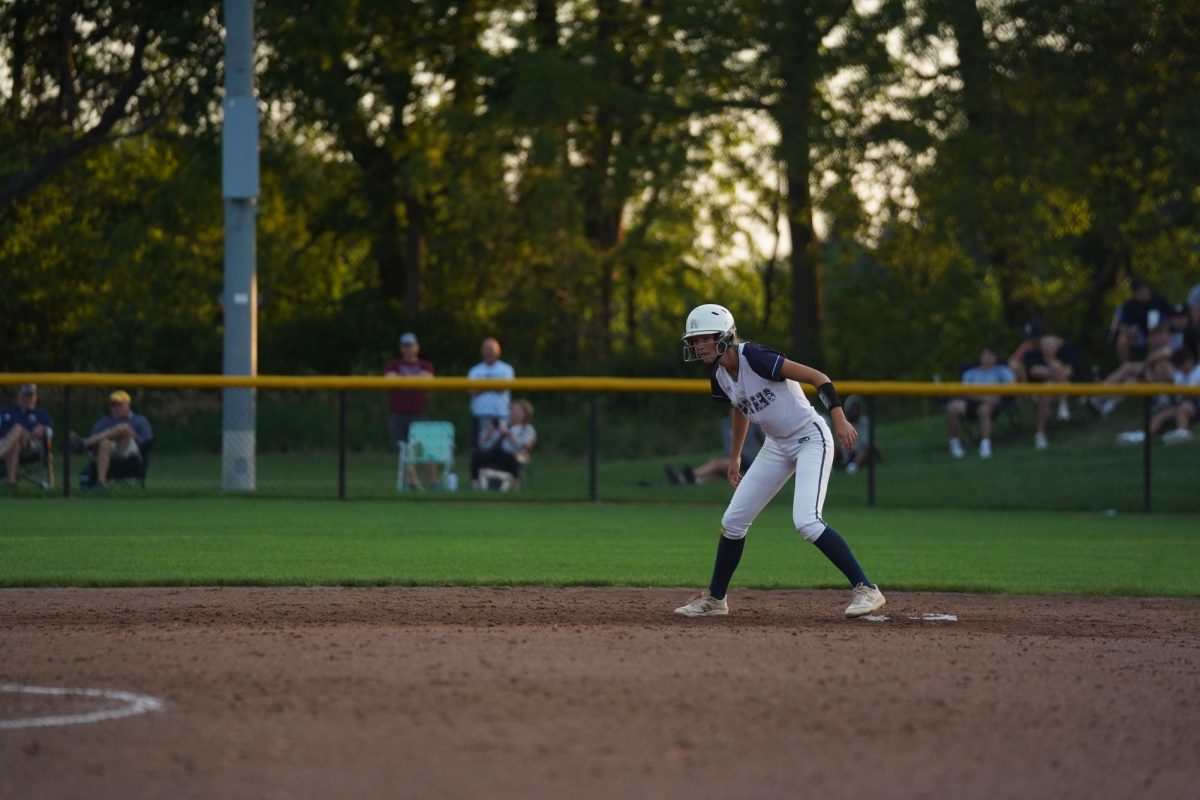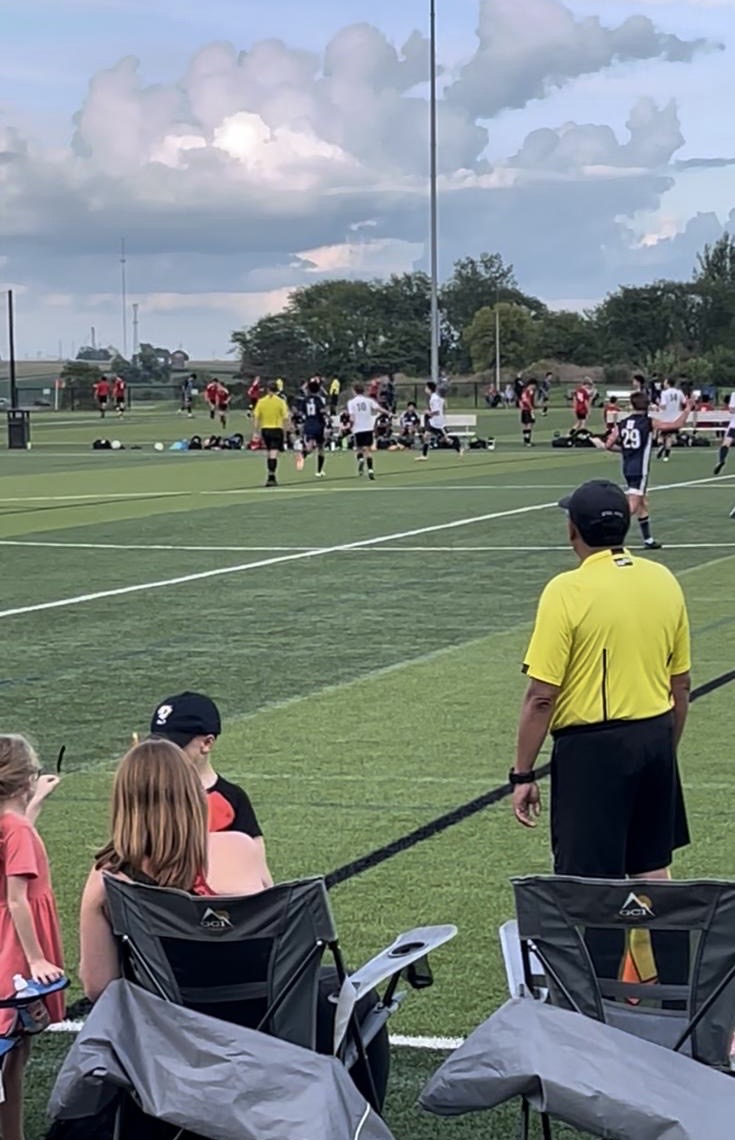The transition out of high school presents a slew of challenges for all college freshmen. Living away from parents or guardians for the first time, learning to adapt to new food and new housing and navigating a completely new social scene can (and does) drain any college student’s mental and physical energy. The more unfamiliar, the harder the transition.
This presents a problem for collegiate student-athletes, who put much of their energy towards their sports. In addition to coping with the adjustments universal to college freshmen, student athletes must be prepared for frequent practices and the subsequent recovery periods. For collegiate student-athletes whose main competition season is during fall, the adjustment is made even more stressful by immediately dealing with frequent travel and expectations to deliver in the classroom as well during important matchups.
As a result, some student-athletes choose to graduate high school a semester early, forgoing the spring of their high school senior year for college enrollment. Spring-semester enrollees enter their fall semester having already experienced college-level classes and an in-school practice schedule.
The trend of early enrollment began in the early 2000s in football recruits, but has since spread to other sports as coaches and athletes take note of the advantages a spring semester start can provide.
Senior Chloe Cline, University of Evansville volleyball commit, plans to graduate a semester early from PV and begin taking college classes during the spring. Her decision was influenced by a desire to have as smooth a transition as possible. “I decided to do this because I thought it would give me a head start as a student athlete at Evansville, and would relieve some of the stress that college freshman athletes face,” she said.
Cline’s desire to avoid stress as a college athlete is a wise one considering the current crisis of student-athlete mental health. While stress induced by a major life change may be temporary, the strongest correlating factor of depression and anxiety in student-athletes is perceived level of stress in the last 12 months. If enrolling in college a semester early reduces stress levels, it may be a proactive way to combat more serious mental health issues later on.
Physically, beginning training with a college team in the late winter or early spring gives athletes a four to six month headstart compared to those who wait until summer to transition to a collegiate athletic environment. Athletes can develop new skills and improve their performance under the direction of a college coaching staff, which is generally larger, better funded and more specialized than those in a high school or club setting.
PV defensive end Andrew DePaepe will enroll at Michigan State University following his graduation from PV this winter. He believes that the opportunity to train at Michigan State this spring will give him a significant advantage in the fall. “I think it will give me a huge advantage with the workouts I will be taking part in,” he said. “I’m just ready to get working with my college teammates and meet new people.”
Cline will also begin training with her new teammates. “In the spring I will be doing the same thing as the other volleyball players, so I will take a normal schedule of classes, along with weights and volleyball practice,” she said. Additionally, she will compete during the spring season, giving her valuable experience she can use to her advantage during the more intense fall season.
If enrolling during spring semester is so advantageous, why don’t all recruits do so?
Fulfilling requirements from both the high school and college can become complicated, demanding frequent communication between both schools and the athlete. Some high schools do not allow students to graduate early, and some colleges do not let students begin enrollment during the spring semester.
If both schools are in approval, early graduates still must fulfill their high school’s graduation requirements in addition to meeting initial eligibility requirements as set out by the NCAA, meaning they must carefully choose first-semester senior year coursework and then successfully earn all credits.
Cline made her early graduation decision last winter, while DePaepe made his in May. “I decided last year in the winter time that I wanted to take college classes instead of going to the second semester,” Cline continued. “I talked to Mrs. Tucker and she helped me make my schedule work around graduating early.”
Student athletes may also hesitate to enroll in the spring semester out of fear they will miss out on cherished senior traditions and valuable time with their childhood friends. Prom is replaced with studying for a round of college finals; senior skip day is replaced with early morning practices.
However, most athletes, including DePaepe, are more focused on the opportunities ahead of them rather than the experiences they leave behind. “I don’t think I’ll have lost anything but time with my family and close friends. But other than that it hasn’t really crossed my mind what I’m going to miss out on,” he said.
Enrolling early can be a tremendous advantage to freshman student-athletes socially, emotionally, and physically. Considering current trends in mental health, commitment announcements coming earlier and earlier, and the fact that college athletes can now profit off their name, image and likeness, expect early enrollment to continue to increase.









